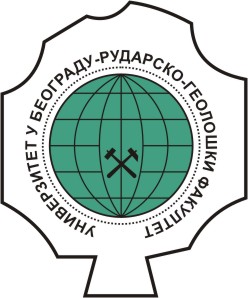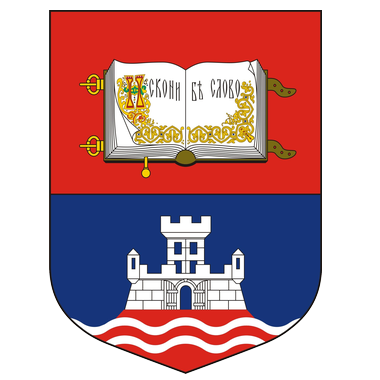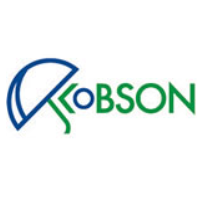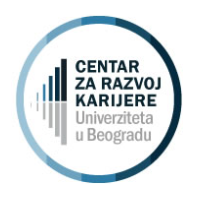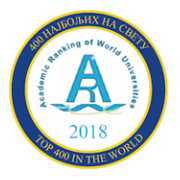Study program:
Economic Geology (V semester -BsC)
Minerology and Crystallography (V semester -BsC) |
|
Name of subject: Basics of Ore Microscopy |
Instructors:
Prof. Aleksandar Pačevski |
|
Status: Optional |
|
ECTS: 5 |
|
Prerequisites: - |
Course Objectives:
The objective of this course is to introduce students in the field of optical examinations of absorbing (ore) minerals, or microscopic examination of the polarized light interaction reflected from crystalline polished surface of ore minerals. |
Learning Outcomes:
Acquiring the capability of basic determination of ore minerals (25-50) in reflected light, on the basis of experience and application of appropriate testing methods. |
Content:
Theory teaching
Introduction to ore microscopy with a view to mineral paragenesis. Polarization microscope for reflected light. Preparation of samples for ore microscopy. Qualitative methods for the identification of ore minerals. Qualitative optical properties of ore minerals. Qualitative testing of hardness of ore minerals. Morphological and structural properties of ore minerals and their aggregates. Definition of mineral paragenesis. Basic classification. Systematic qualitative optical study of ore minerals. Some native elements. Sulfides. Sulfosals. Oxides. Hydroxides. Gangue minerals Practical teaching
Exercises are practical and performed according to the given method units using a polarized microscope for reflected light. |
Suggested Reading List:
- Cvetković, Lj.:1995. Uvod u rudnu mikroskopiju, 1-31, RGF, Beograd,
- Craig, J.R., Vaughan, D.J.: 1981. Ore Microscopy and Ore Petrography, John Wiley and sons Inc. New York,.
- Ramdohr, P. 1969. Ore Minerals and their intergrowths, Pergamon Press, Braunschweig,
|
Conduct of the Course:
Lectures consist of classical work with video support and demonstration, where current mineral types and their mutual relationships are shown to students. |
Fund hours:
| Lectures |
Exercises |
Other forms of teaching |
Study research |
| 2 |
2 |
0 |
0 |
|
Assessment:
| Final Exam |
ECTS |
| Written exam | 50 | | Oral Exam | 10 |
| Classwork Assessment |
ECTS |
| Class Participationа | 10 | | Practical Classes | 10 | | Written tests | 20 |
|
|
Additional Assessment Criteria: - |
|
|
